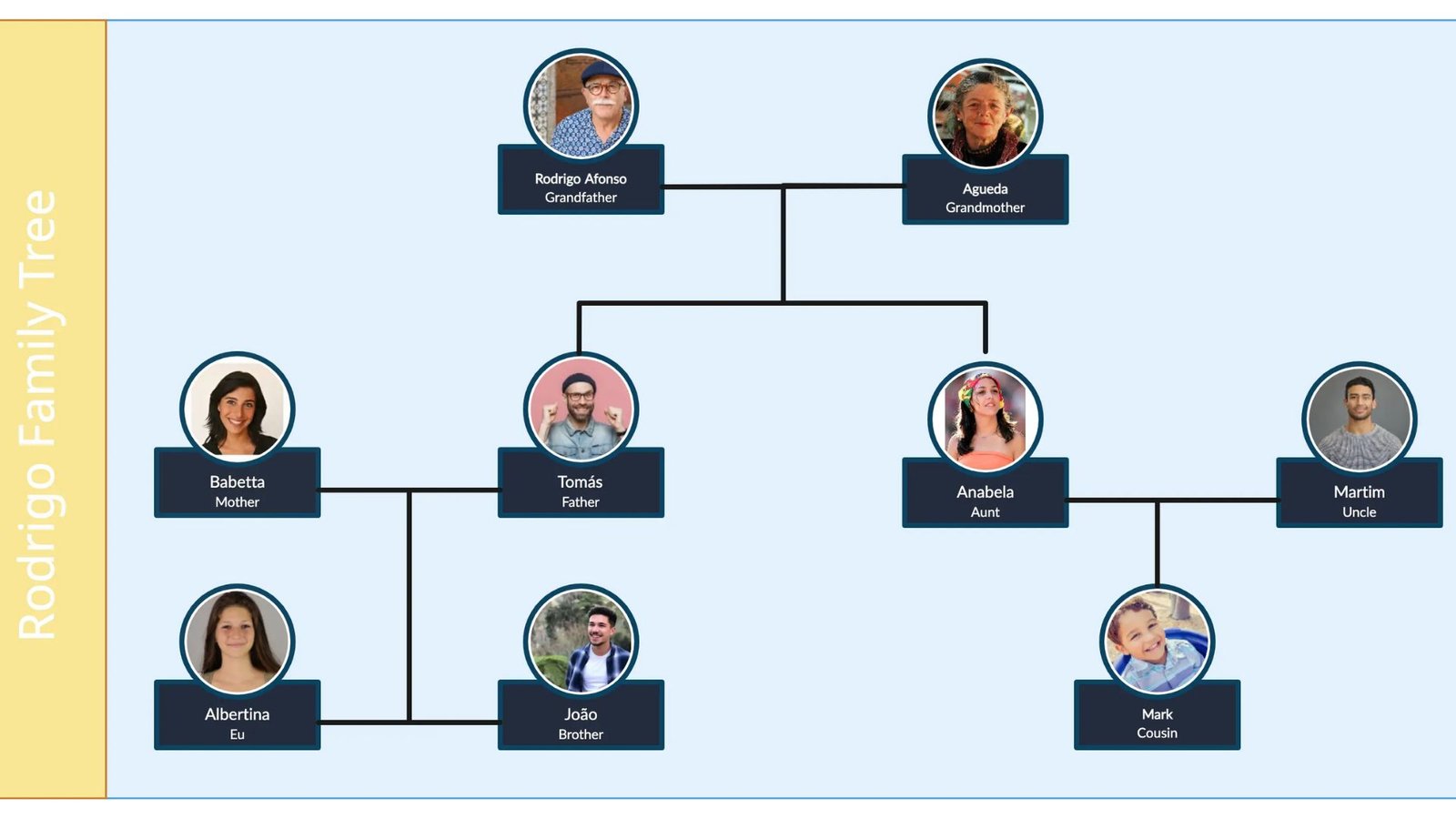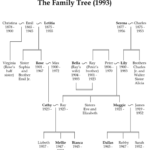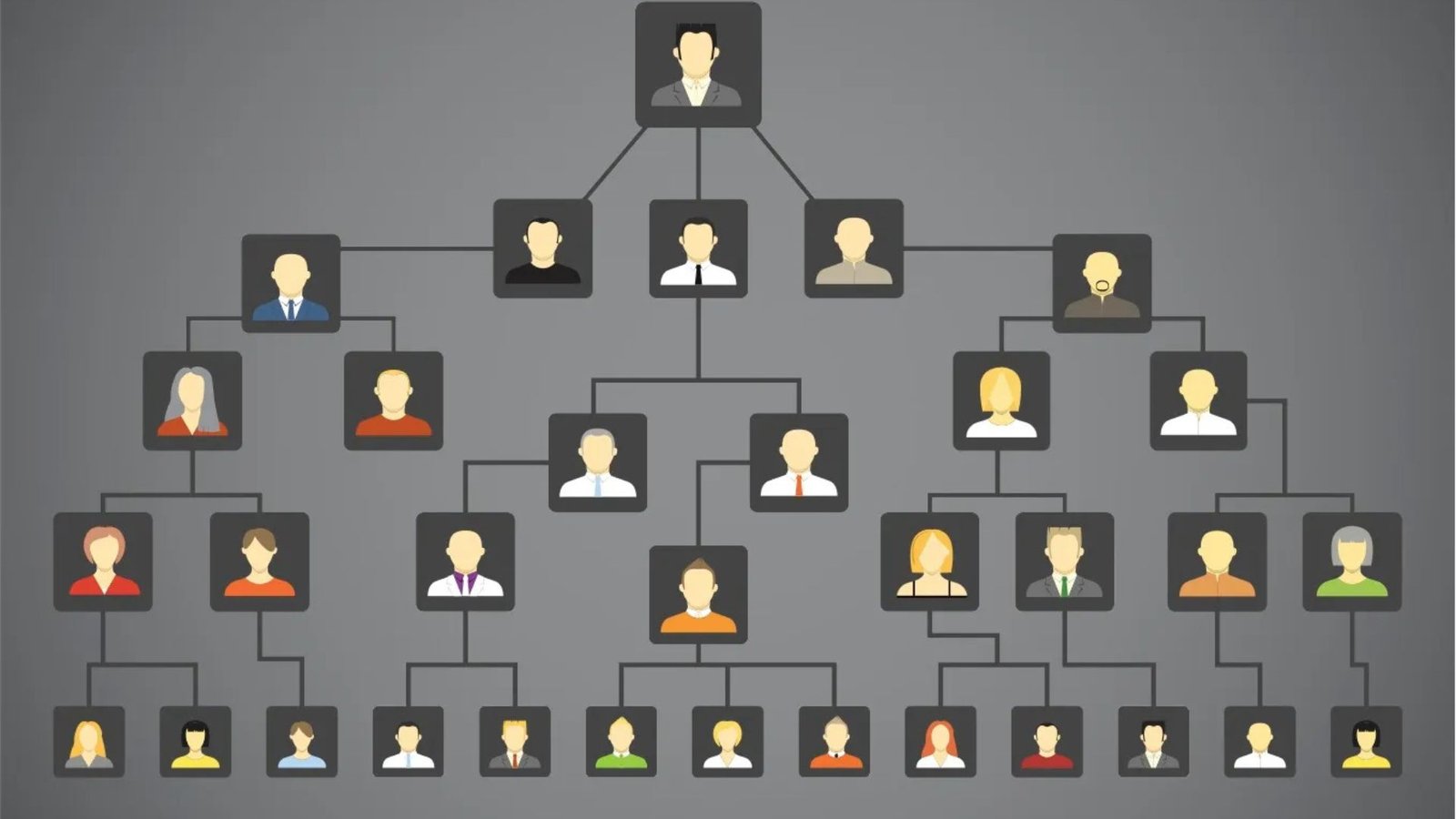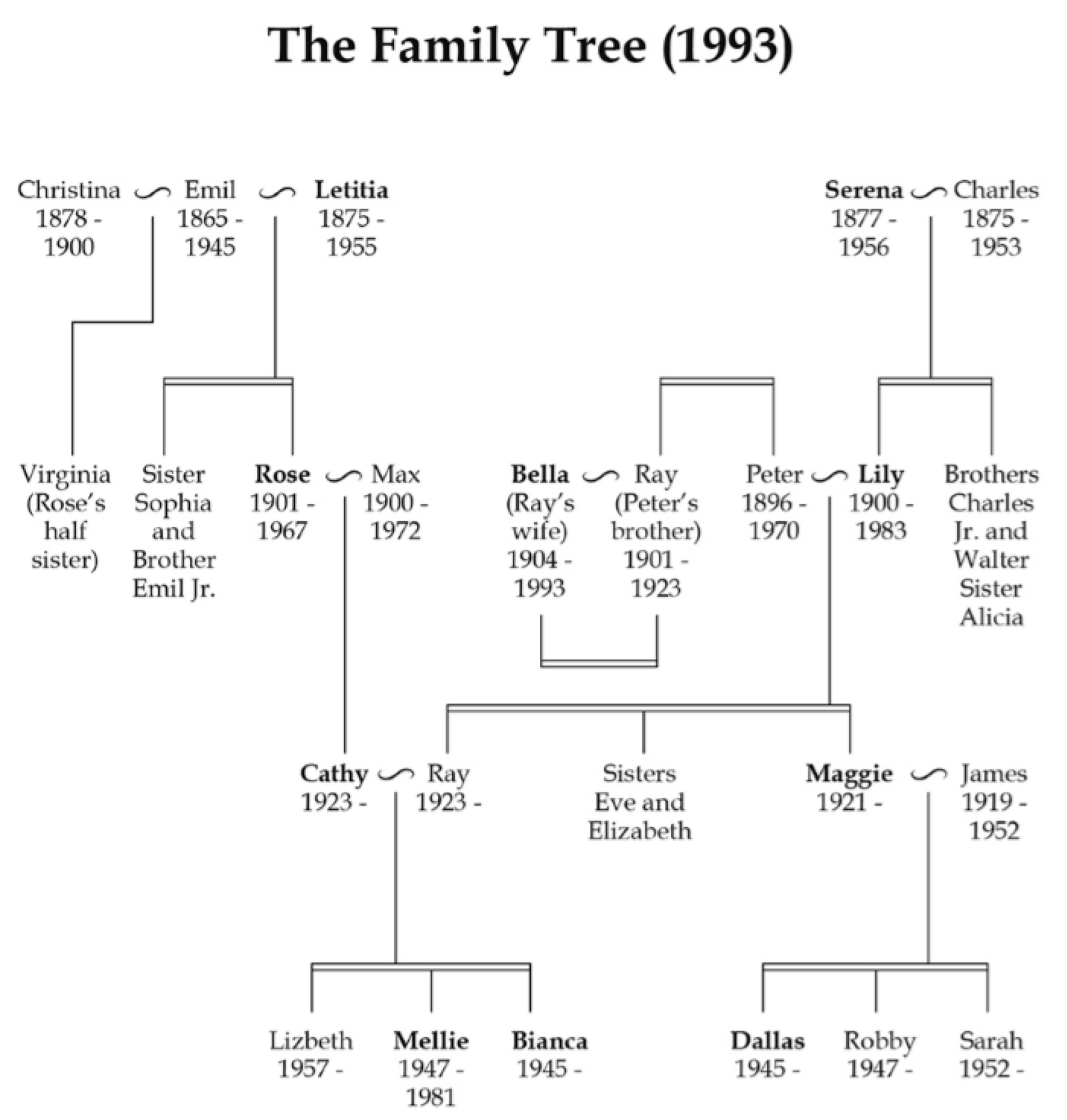Tracing your family lineage is an exciting journey that connects you to your ancestors and uncovers your heritage. Fortunately, there are many resources available to help you research your family history. Whether you’re just starting or looking to go deeper, these resources can provide essential information to guide your search. In this article, we will explore the best resources for family lineage research and how you can use them to uncover your roots.

1. Genealogy Websites
Genealogy websites are the most popular and accessible resources for family lineage research. These platforms provide access to billions of historical records, making it easier to trace your family history. Some of the top genealogy websites include:
- Ancestry.com: One of the most well-known genealogy websites, Ancestry.com offers access to a vast database of historical records, including census data, birth certificates, and military records. It also allows you to build and share your family tree, helping you connect with relatives around the world.
- FamilySearch.org: A free platform from The Church of Jesus Christ of Latter-day Saints, FamilySearch offers billions of records and a family tree-building tool. It’s a great starting point for those who want to research their family lineage without a subscription fee.
- MyHeritage: This site provides access to millions of records, DNA testing services, and family tree-building tools. MyHeritage also helps connect you with genetic relatives, making it a valuable resource for deepening your family history research.
- FindMyPast: Focused on British and Irish genealogy, FindMyPast offers access to UK census records, parish registers, and other essential documents that are invaluable for those tracing their lineage in the UK.
These websites give you access to records, family trees, and other tools that will help you unlock the details of your ancestry.
2. Public Records and Archives
Public records and archives are another essential resource for researching your family lineage. Many historical documents, such as birth certificates, marriage licenses, and death certificates, can be accessed through government websites and archives. Some of the best public records resources include:
- National Archives: Most countries have national archives that hold important records about citizens, including census data, military records, and immigration records. For example, the U.S. National Archives offers a wealth of historical documents that can help you trace your family’s lineage.
- Local Libraries and Archives: Many local libraries and county archives hold records that may not be available online. These can include newspapers, old city directories, and county records that provide insights into your family’s past.
Public records and archives can be accessed both online and in person, depending on the type of records you need.
3. DNA Testing Services
DNA testing is a powerful tool for family lineage research. By submitting a DNA sample, you can uncover valuable information about your ethnic background, genetic relatives, and migration patterns. Some of the top DNA testing services for family lineage research include:
- AncestryDNA: A popular service that provides an ethnicity estimate based on your DNA and connects you with potential genetic relatives who share common ancestors.
- 23andMe: Known for offering both health and ancestry reports, 23andMe provides insights into your genetic background, connecting you to distant relatives and providing a breakdown of your ancestry composition.
- MyHeritage DNA: In addition to offering ethnicity reports, MyHeritage DNA helps you connect with genetic relatives and explore your family’s geographic origins.
These DNA tests can help you confirm family connections and expand your family tree with the help of distant relatives.
4. Census Records
Census records are an invaluable resource for family lineage research. In many countries, government census data has been collected for centuries, offering detailed information about families, including names, ages, occupations, and locations. Some of the best resources for census records include:
- Ancestry.com and FamilySearch.org: These platforms offer access to U.S. and international census records, allowing you to search for your ancestors by location and time period.
- National Archives and Local Government Websites: Many national archives maintain digital copies of census records. For example, the U.S. National Archives provides access to U.S. federal census records from 1790 to the present.
Census records are especially helpful in building out family trees and tracking the movements of your ancestors over time.
5. Genealogy Societies and Forums
Genealogy societies and online forums are fantastic resources for connecting with others who share your family history interests. These communities often share valuable tips, research methods, and even specific records that might not be easily found elsewhere. Some useful genealogy societies and forums include:
- Genealogy.com Forums: A large online forum where users can post questions, share research tips, and find others researching the same family lines.
- Reddit’s Genealogy Subreddit: A vibrant online community of amateur genealogists where you can ask questions, discuss your findings, and learn from others.
- National Genealogical Society (NGS): A U.S.-based organization that offers resources, publications, and conferences for genealogists at all levels.
Connecting with other researchers can help you break through brick walls and find new leads in your family history.
6. Historical and Military Records
Historical records, including military documents, immigration records, and newspapers, offer a wealth of information about your ancestors. These resources can reveal details about their lives, including their roles in historical events and their personal stories. Some key sources include:
- Military Records: If your ancestors served in the military, these records can provide detailed information about their service. Websites like Ancestry.com and Fold3 offer access to U.S. military records.
- Immigration and Naturalization Records: Immigration records help you trace when your ancestors arrived in a new country. These can be found on websites like Ellis Island and through national archives.
- Old Newspapers: Many historical newspapers are now digitized and accessible through platforms like Newspapers.com. These can provide news stories, obituaries, and announcements related to your family.
Military, immigration, and newspaper records can add context to your family’s history and provide personal insights into your ancestors’ experiences.
7. Family Interviews and Oral Histories
In addition to online resources, speaking with family members is one of the most valuable ways to trace your family lineage. Older relatives may have stories, photographs, and documents that haven’t been digitized. Interviews with relatives can provide insights into family traditions, historical events, and connections that might otherwise be overlooked.
Consider recording oral histories with older family members to preserve their memories for future generations. This can be an important resource when researching your family’s past.
Conclusion
Researching your family lineage is an exciting journey, and using the best resources can make the process more efficient and enjoyable. From genealogy websites and public records to DNA testing and family interviews, there are many tools available to help you uncover your family’s story. By using these resources, you can build a detailed family tree, uncover historical details, and connect with distant relatives. Start using these resources today to discover the rich history of your family lineage.











